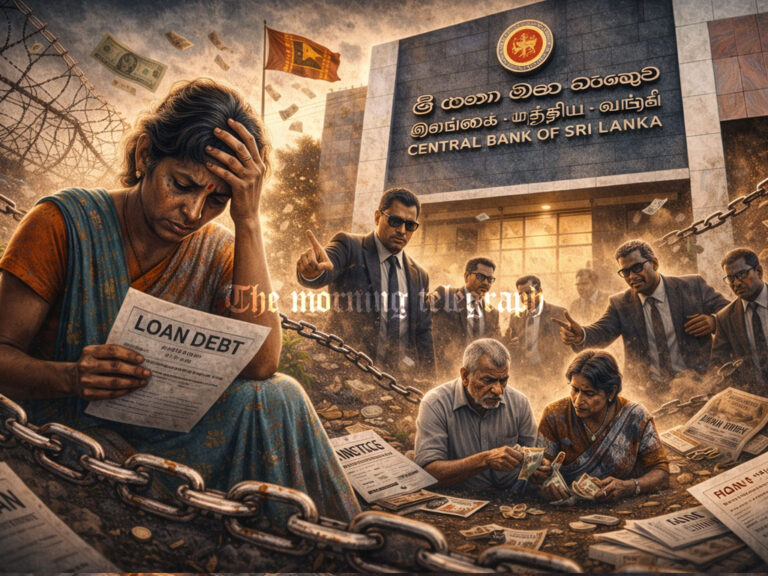
Awami League Leader Found Dead in India Amid Bangladesh Turmoil
The body of Ishaq Ali Khan, a prominent member of Bangladesh’s Awami League and a close ally of former Prime Minister Sheikh Hasina, was discovered in a betel plantation in the Indian state of Meghalaya, near the India-Bangladesh border. Khan, who was reportedly fleeing to India following widespread public opposition and unrest in Bangladesh, was found strangled to death. His identity was confirmed through his flight permit found on the scene.
Khan’s death comes in the aftermath of significant political turmoil in Bangladesh, where the Awami League was ousted from power following a massive student-led movement. The protests, initially centered on employment quotas, escalated into a broader anti-government struggle that took on racial and religious overtones, drawing international criticism for the persecution of the country’s minority Hindu population.
Foreign media have highlighted the controversial nature of the protests, noting that demonstrators had stormed the parliament and disrupted the judiciary. The violence against minority communities, particularly Hindus, has been particularly alarming, with reports indicating that over a thousand Hindus have been killed since the protests intensified last July. The head of the health ministry in Bangladesh’s interim government has described the situation as the worst bloodshed in the country since the 1971 war of independence.
Khan’s death is seen as a tragic consequence of the deepening crisis in Bangladesh, and his murder in India raises serious concerns about the safety of political figures and the stability of the region amidst ongoing unrest.




